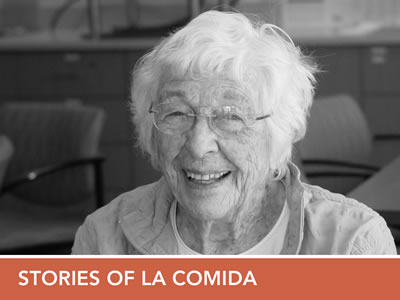I grew up in Portland, Oregon. My father was a mail carrier and my mother stayed at home. When we got older, she went to work at the post office sorting mail. I was the baby of the family; I had an older sister and brother. Boy, having an older brother…that’ll get you lined up in a hurry!
After attending Reed College for two years, but not graduating, I moved to California to escape the wet Oregon weather. I married Jack Schneider, a Fulbright Lecturer who traveled around the world teaching Applied Statistics. The catch was that he had to teach in the local language. We got to live in Mexico, South Africa, Mozambique, Botswana, Zambia, China, Japan, and Brazil – that’s a lot of languages! We didn’t just learn new languages, but we learned how to learn languages. Brazil was my favorite. We were in Campinas and Rio de Janeiro. Brazilians really know how to have fun, and their affection for family is moving.
I earned my Bachelors and Masters at San Jose State and got my PhD at the age of 64 in African Art from the University of Witwatersrand in Johannesburg, where I was also the curator of the Ethnological Museum and acting Director during our 14-year stay there.
I wrote for magazines (African Arts) and also did three photographic covers from my field work for African Arts, and also for The Heritage Library of African Peoples, as well as gave lectures, including at the de Young Memorial Museum in San Francisco. I even created my own art, and had a one-woman art exhibit at Mexico City’s Bellas Artes.
Sadly, Jack died in 2003. The silver lining was it gave me time to write. I authored The Ndebele (part of a series of 56 books on The Heritage Library of African Peoples, which won a prize from the New York Public Library), Forbidden Friends: Living Under Apartheid, and also Academic Gypsies: Why I got my Ph.D. at 64.In Forbidden Friends, I tell the story of my cleaning lady and friend in Johannesburg who shares my first name. We were arrested together for sending money to my mother, believe it or not. During apartheid in South Africa, the government was so oppressive – they watched my every move and were always opening my mail. You couldn’t bring money in or take it out of the country. At that time, the South African Rand was worth $1.38. Now it’s worth seven or eight cents.
I still love learning today. I take classes at Avenidas. I think I’ve taken every course they have to offer. It’s restorative, and so stimulating!
ADDENDUM:
Betty was a long-time patron of La Comida. She passed away after a long well-lived life in the winter of 2019. We would like to honor her here by sharing her story. She is missed by the many friends she cultivated during her lunches at La Comida.


